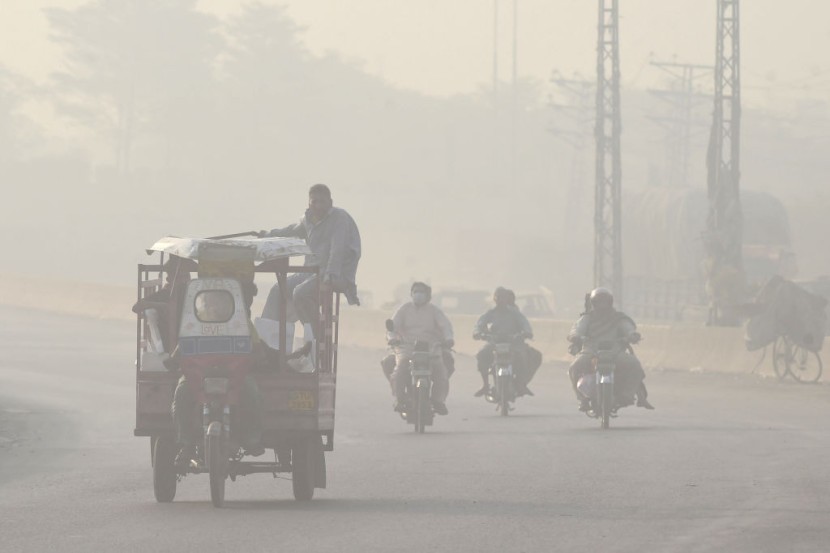
Particulate air pollution was found to reduce global life expectancy by 2.2 years compared to a hypothetical world that meets international health guidelines, making it deadlier than alcohol and smoking.
The new report found that worldwide exposure to fine particulate matter, PM 2.5, or particles with a diameter of 2.5 microns or less, has an impact on par with that of smoking, more than three times that of alcohol use, and unsafe water. The finding was revealed by the University of Chicago's 2022 Air Quality Life Index (AQLI).
Particulate Air Pollution
Researchers observed that the life expectancy effect of this particular type of pollution amounts to six times that of HIV/AIDS and 89 times that of conflict and terrorism. The index co-creator and an economics professor at the University of Chicago's Energy Policy Institute, Michael Greenstone, said in a statement that the situation was a global emergency.
Greenstone said that the rising threat of air pollution prevails in many parts of the world and noted that humans were responsible for it. The World Health Organization (WHO), with the threat of PM 2.5, recently decreased what it deems to be a safe level of exposure from 10 micrograms per cubic meter to five micrograms per cubic meter, as per The Hill.
The situation comes despite the fact that the economy incurred significant losses during the first year of the coronavirus pandemic, with average PM 2.5 pollution remaining largely unchanged from the year before. During that time, there has been growing evidence that even low levels of air pollution can damage human health, the authors added.
The circumstances have led the WHO to change its guidelines, bringing about 97.3% of the global population within the unsafe realm. The worst impacts of PM 2.5 exposure are visible in residents from South Asia. In these areas, more than half of the total life burden of pollution occurs worldwide.
According to CNBC, the AQLI is notable because its estimate of the impact of particulate air pollution on human life expectancy is based on research that allows it to show causation, rather than just correlation. The director of AQLI, Christa Hasenkopf, said that the way the studies were designed to make them fortuitous sets of policies that established a causal relationship between particulate matter exposure and mortality.
Decreasing Life Expectancy
The report noted that air pollution was severely threatening to humans worldwide because it is impossible to avoid, especially for people who live in particularly polluted regions. It adds that a person is potentially able to quit smoking or take precautions against diseases, but everyone needs to breathe air.
The report found that 60% of particulate matter air pollution is caused by fossil fuel combustion, 18% of which comes from natural sources such as dust, sea salt, and wildfires. This comes as 22% comes from other human activities.
Particulate air pollution increased across South Asia where residents are predicted to lose about five years of their life expectancy if conditions do not improve. Increases were also recorded in parts of Southeast Asia where pollution levels rose by as much as 25% in some areas, The Guardian reported.
Related Article:
EU Lawmakers Support Ban of Gasoline Car Sales by 2035 Amid Continuous Rise of Oil Prices








